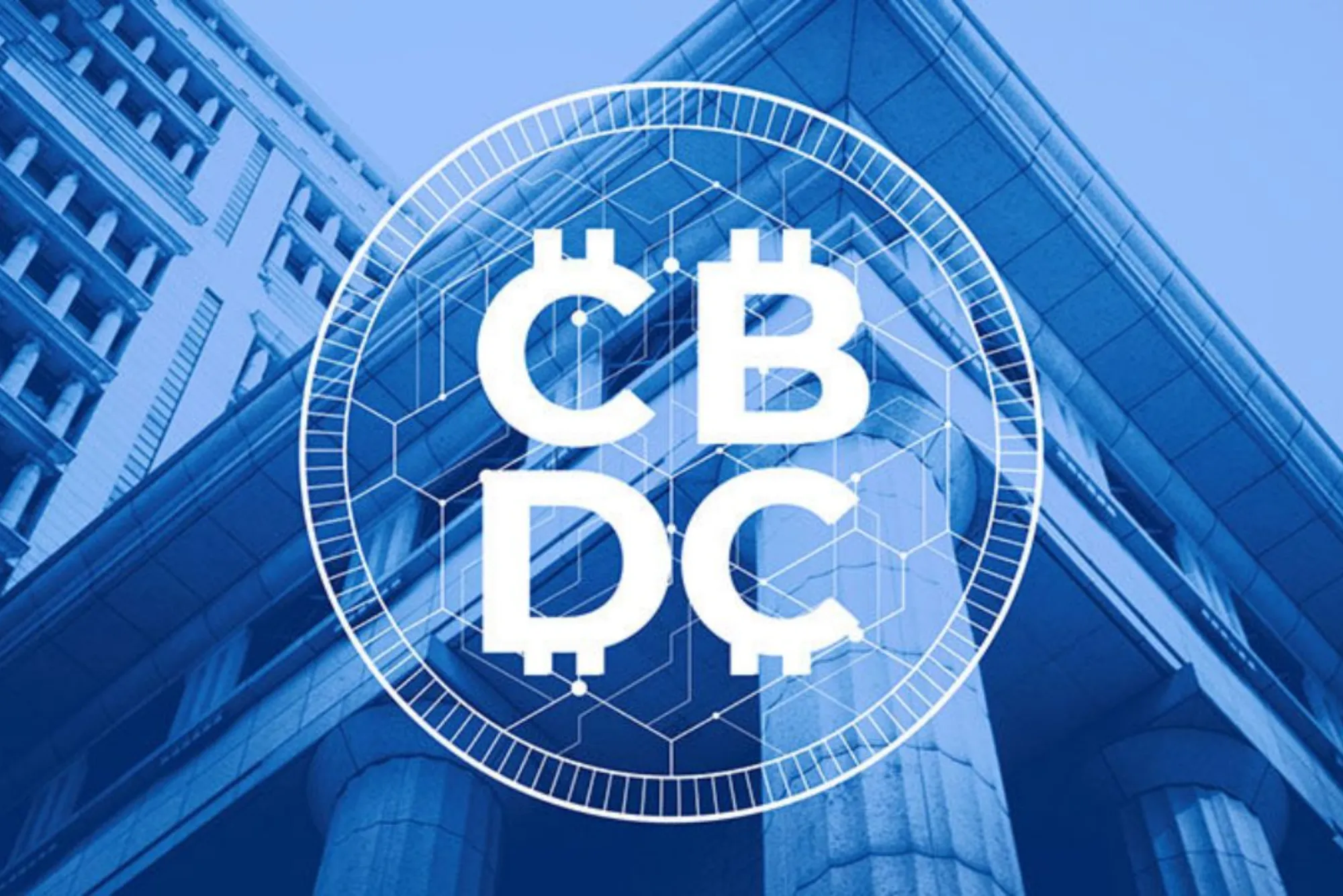The question of whether cryptocurrencies are legal is a significant concern for many people, especially with the rising popularity of digital currencies like Bitcoin, Ethereum, and Vauld cryptocurrency. With increasing global adoption, the legality of cryptocurrencies varies from country to country, and in some cases, from state to state. Understanding the legal framework around cryptocurrencies helps investors, traders, and businesses to navigate the complex and evolving landscape.
The Evolution of Cryptocurrency Regulations
Cryptocurrency, since the launch of Bitcoin in 2009, has rapidly transformed into a global financial phenomenon. Initially, most governments were hesitant to provide a regulatory framework around digital assets due to the decentralized nature of cryptocurrency. However, as the demand and use of cryptocurrencies have grown, governments have begun to adopt legal measures to regulate their use, either to legitimize or control their proliferation. The legality of cryptocurrencies is often tied to their classification, usage, and their alignment with a country’s financial system.
Some countries have embraced cryptocurrencies and even developed comprehensive regulations to govern their usage. For instance, nations like Japan and Switzerland have created clear guidelines for cryptocurrency exchanges and the use of digital assets. Japan was one of the earliest adopters, allowing its citizens to trade and use cryptocurrencies legally, provided they are compliant with anti-money laundering (AML) laws and other regulations.
In contrast, other countries have implemented strict bans or severe restrictions on cryptocurrency usage. For instance, in countries like China and India, governments have taken a more rigid approach to cryptocurrencies, with China going as far as banning initial coin offerings (ICOs) and cryptocurrency trading platforms. India’s stance has been fluctuating, with various restrictions placed on cryptocurrency exchanges. However, the Supreme Court of India overturned a ban on cryptocurrency transactions in 2020, allowing them to operate under certain conditions.
The United States and Cryptocurrency Legality

The United States provides an interesting case study when it comes to the legality of cryptocurrency. The country has adopted a patchwork of regulations at the federal and state levels. In some states, cryptocurrencies are embraced and regulated, while in others, there are more stringent controls or outright bans.
At the federal level, the approach to cryptocurrencies depends on their classification. For example, the U.S. Securities and Exchange Commission (SEC) classifies certain cryptocurrencies as securities, meaning they are subject to regulations similar to those governing stocks and bonds. Meanwhile, the Commodity Futures Trading Commission (CFTC) views cryptocurrencies like Bitcoin as commodities. Therefore, cryptocurrencies fall under the purview of multiple regulatory bodies depending on their intended use.
Some states, like New York, have implemented their own cryptocurrency regulations. New York’s BitLicense is one of the most well-known state-level regulatory frameworks for digital currencies. The BitLicense outlines specific requirements for businesses dealing with cryptocurrency, ensuring they adhere to stringent consumer protection and AML standards.
Cryptocurrency Legality in Europe
Europe, similar to the United States, has a fragmented approach to cryptocurrency regulations. Some countries, like Germany, have taken significant steps to embrace cryptocurrencies by developing legal frameworks. Germany was one of the first countries to recognize Bitcoin as a unit of account, meaning businesses and individuals could use it for tax purposes and other legal transactions.
In contrast, other European countries have been more cautious about cryptocurrency usage. France, for instance, has implemented stringent regulations to ensure compliance with financial laws, while also recognizing the importance of blockchain technology in the future of finance. The European Union (EU) is also working on developing a unified regulatory framework for cryptocurrencies. The proposed “Markets in Crypto-Assets Regulation” (MiCA) aims to create a harmonized approach across EU member states, offering greater clarity and legal certainty for those engaging in Vauld cryptocurrency trading and related activities.
Middle East and Asia: Mixed Reactions to Cryptocurrencies
In the Middle East, countries have adopted varying stances on cryptocurrencies. The United Arab Emirates (UAE), for example, has positioned itself as a hub for blockchain technology and cryptocurrency innovation. Dubai, in particular, has embraced digital currencies, allowing businesses to operate with cryptocurrencies while ensuring compliance with financial regulations. The country’s forward-thinking approach has made it a hotspot for cryptocurrency-related businesses.
On the other hand, countries like Saudi Arabia and Egypt have adopted more conservative stances on cryptocurrencies. Saudi Arabia’s central bank has issued warnings against using cryptocurrencies, citing concerns about consumer protection and the risks of financial crime. Egypt has outright banned the use of cryptocurrencies, with religious leaders even issuing a fatwa against it.
In Asia, the legal status of cryptocurrencies is also diverse. Japan has embraced digital currencies, offering a robust regulatory framework that allows cryptocurrency exchanges to operate legally. Singapore, too, has created a favorable regulatory environment for blockchain technology and digital assets. However, countries like India and China have imposed restrictions and even bans on cryptocurrency trading and ICOs. China, once a major hub for cryptocurrency mining and exchanges, has since cracked down on the industry, forcing businesses to relocate or cease operations.
The Role of Central Bank Digital Currencies (CBDCs)

As the cryptocurrency landscape continues to evolve, central banks around the world have started exploring the concept of Central Bank Digital Currencies (CBDCs). These are government-backed digital currencies that aim to provide a more stable alternative to decentralized cryptocurrencies. CBDCs could potentially reshape the future of the global financial system, offering a regulated and secure form of digital money.
Countries like China are already testing their own CBDCs, with the digital yuan being one of the most advanced projects. The development of CBDCs highlights the growing influence of blockchain technology and cryptocurrency in reshaping the financial landscape. While CBDCs differ from decentralized cryptocurrencies like Vauld cryptocurrency, their development could impact how governments approach the regulation of digital assets.
Tax Implications and Financial Reporting
One of the key legal concerns surrounding cryptocurrencies is taxation. In many countries, individuals and businesses are required to report cryptocurrency transactions for tax purposes. For instance, in the United States, the Internal Revenue Service (IRS) requires taxpayers to declare their cryptocurrency holdings, as they are considered property. This means that any gains or losses from cryptocurrency transactions are subject to capital gains tax.
In the European Union, cryptocurrency transactions are also subject to taxation, with each country implementing its own tax rules. Countries like Germany and France have clear tax guidelines for cryptocurrencies, ensuring that individuals and businesses comply with financial regulations. In countries where cryptocurrency is banned or heavily restricted, tax regulations can be even more complicated, with authorities cracking down on undeclared or illicit digital transactions.
The legal status of cryptocurrencies continues to evolve, with governments around the world taking different approaches to their regulation. As digital currencies become more integrated into global financial systems, it’s likely that more countries will develop comprehensive legal frameworks to govern their use. For businesses and individuals looking to invest in Vauld cryptocurrency or other digital assets, staying informed about the legal status in their respective countries is crucial.








